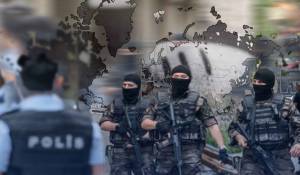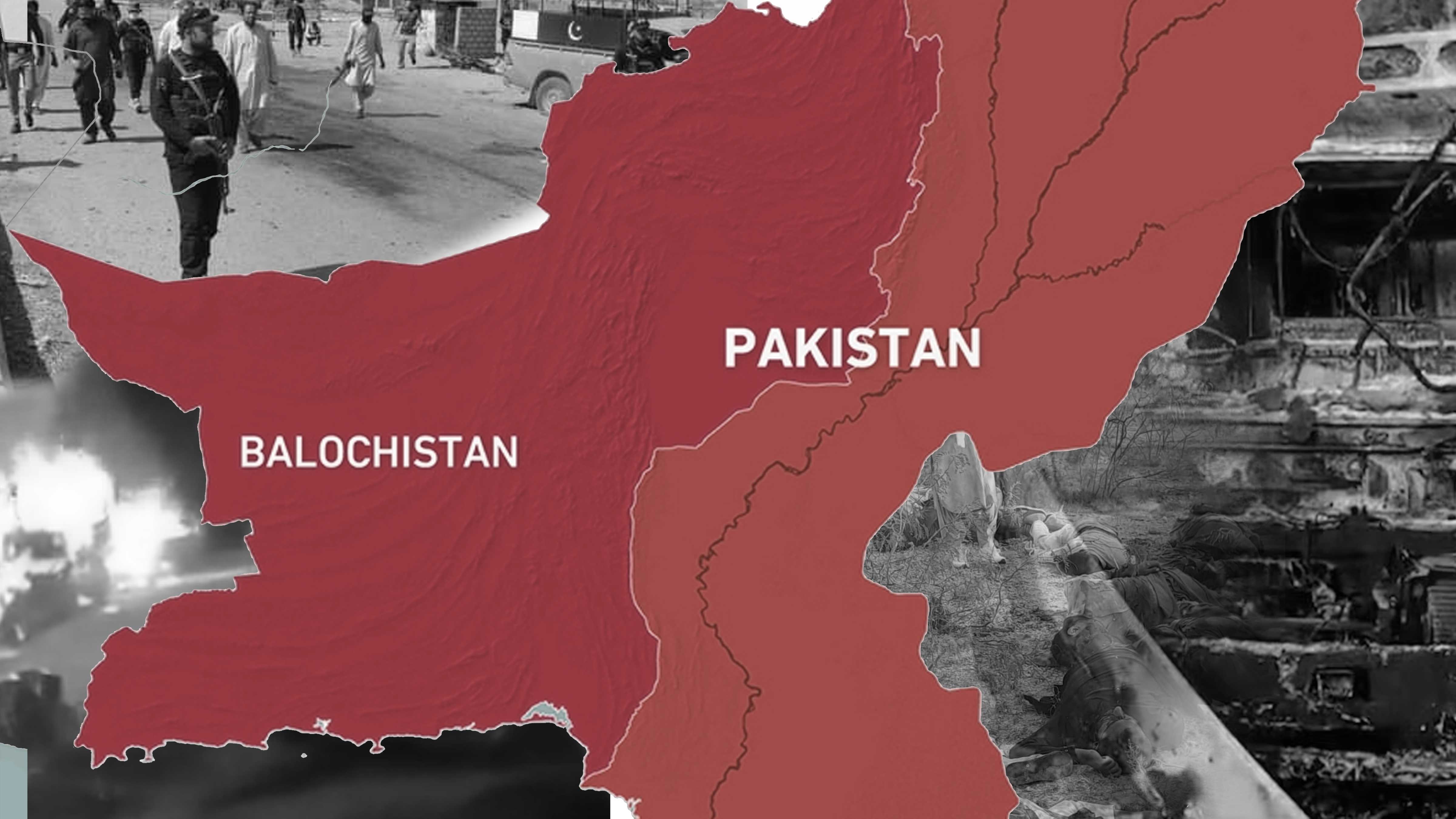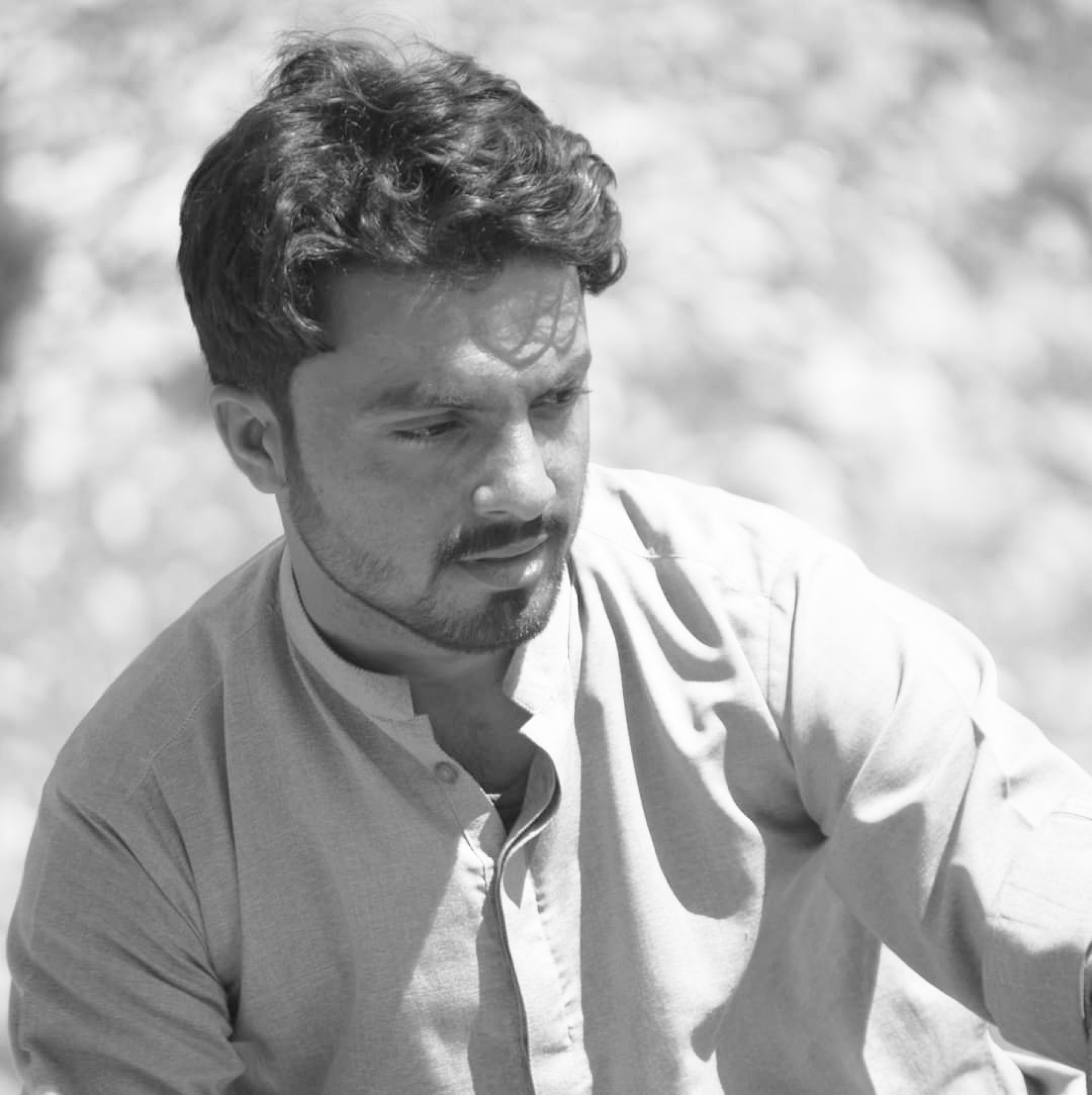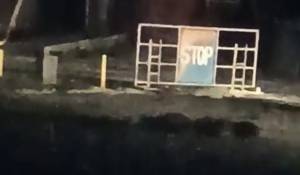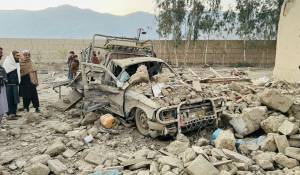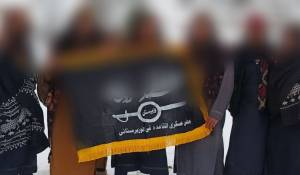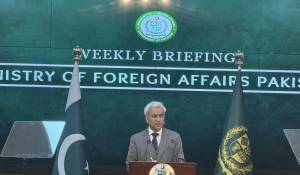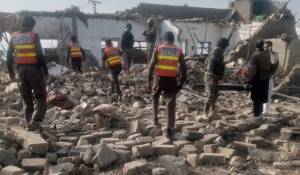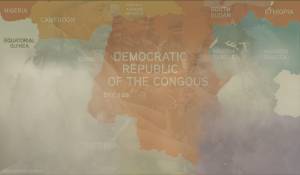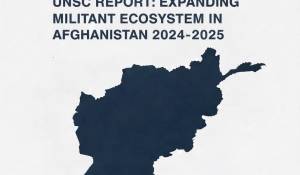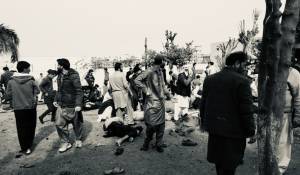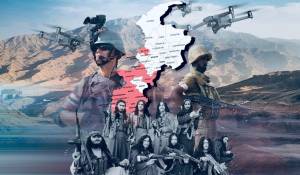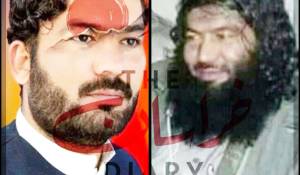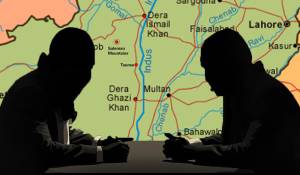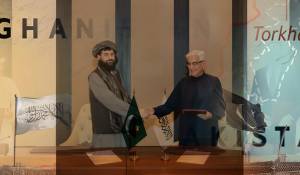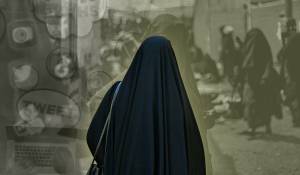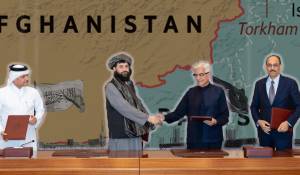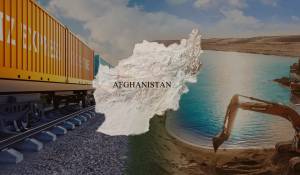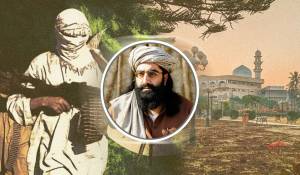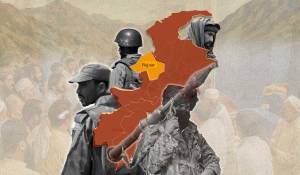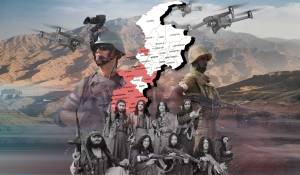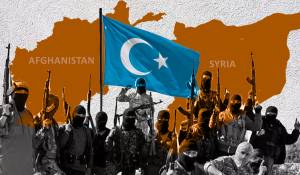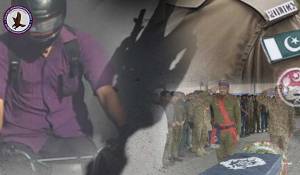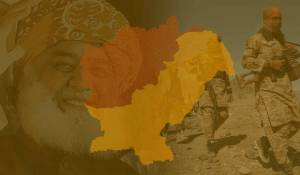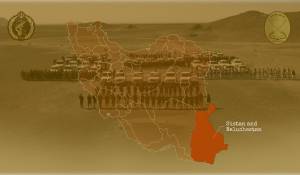A coordinated wave of attacks swept across Balochistan on August 25, resulting in the loss of at least 53 lives, including civilians and 14 security personnel. In the ensuing counteroperations, security forces killed 21 militants. The attacks primarily targeted areas with significant Baloch populations.
Attacks started yesterday at around 7 PM in the evening when armed militants started blockading multiple highways in the provinces, including the Quetta-Karachi-Chaman National Highway N25 at two spots: Kalat's Malbahi area and Mustung's Khadkucha area.
The Baloch Liberation Army (BLA Jeeyand) claimed responsibility for the attacks, adding that their suicide bombers' squad, Majeed Brigade, targeted a security forces headquarters in Bela city of the province.
BLA, through its mouthpiece, revealed the identities of its two suicide bombers including a female who carried out the initial attacks against security forces compound in Bela city in Lasbela district of Balochistan. As per the statement Mahal Baloch alias Zilan Kurd, the female bomber and a male, Rezwan Baloch alias Hamal Baloch took part in the suicide attack.
Earlier, two other female attackers of BLA's Majeed Brigade - the first woman bomber, Shari Baloch, targeted a Chinese teacher at Karachi University's Confucius Institute back in April 2022 and the second female bomber, Sumaiya Qalanadani, struck a military vehicle in Balochistan's Kech city back in June 2023.
State media, Radio Pakistan, reported that security forces responded effectively, killing 12 terrorists and injuring many others. However, the attacks resulted in significant damage, with at least 9 people killed, including 4 levies personnel, 1 police personnel, and 4 civilians. Two levies vehicles were destroyed, and the Kalat toll plaza was set on fire.
In a separate incident, armed individuals attacked a Levies station in Mastung's Khadkucha area, confiscating arms, destroying the station, and setting fire to 3 officials' vehicles. Additionally, a railway line bridge in Kulpure and another railway track in the Mastung district were destroyed, and a 36-inch gas supply pipeline was damaged.
Tragedy struck in the Musakhail district's Rarasham area, where armed persons killed at least 23 people from Punjab province and injured 8 others after checking their identification documents. They also set fire to several vehicles on the highway. Chief Minister Balochistan, Sarfraz Bugti, strongly condemned the killing, labelling it a cowardly terrorist attack.
As the situation unfolded, six other dead bodies were recovered from the N65 Quetta-Sukkar highway in the mountains region of Bolan. The attacks disrupted vital transportation routes, with bomb blasts and other attacks reported in various areas of the province.
Meanwhile, the Inter-Services Public Relations (ISPR), the military's media wing, stated in a statement that terrorists attempted to disrupt peace in Balochistan on August 25-26, targeting civilians in Musa Khel, Kalat and Bela districts of Balochistan. Security Forces and Law Enforcement Agencies swiftly responded, killing 21 terrorists. The statement added that 14 security personnel, including 10 security forces and 4 law enforcement agencies personnel also lost their lives during the counter operations.
The violence coincides with the 17th death anniversary of prominent Baloch politician Nawab Akber Khan Bugti, who was killed by security forces in 2006. Historically, such attacks have been witnessed on the eve of August 26.
State officials maintain that foreign intelligence agencies, including those from India and Iran, are backing the militancy to destabilize Balochistan, Pakistan's largest and resource-rich province. In contrast, Baloch activists argue that the surge in violence is driven by the government's failure to engage with Baloch nationalists, coupled with allegations of widespread corruption and election rigging and the denial of due shares in natural resources to the Baloch people. Furthermore, they assert that state institutions' sole focus on security concerns in the province, while neglecting critical development needs such as human resources, education, and healthcare has exacerbated the crisis in Balochistan and fueled the anti-state narrative.
